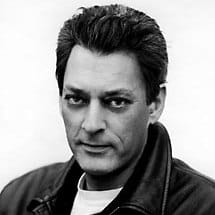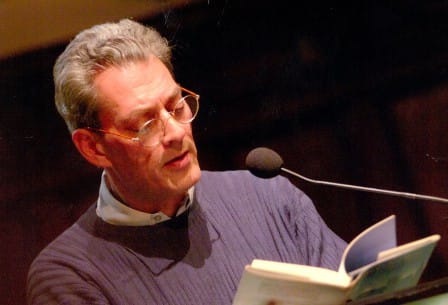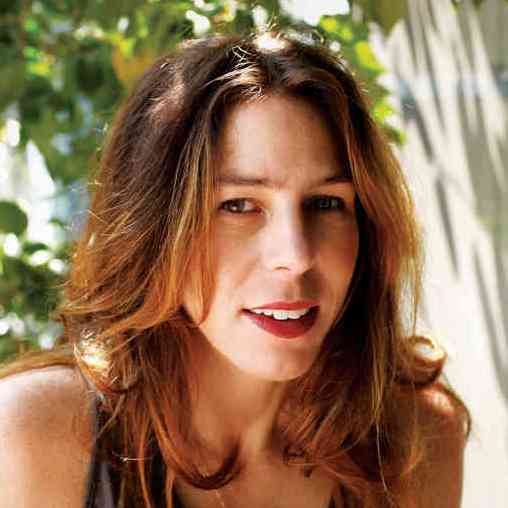 Oracle Night, Auster’s 11th novel, is a book about the power of words. It explores the typical Auster themes: fiction and reality, time and dreams, premonitions and foreboding, as well as randomness and free will.
Oracle Night, Auster’s 11th novel, is a book about the power of words. It explores the typical Auster themes: fiction and reality, time and dreams, premonitions and foreboding, as well as randomness and free will.
The book is narrated by writer Sydney Orr, who recounts a writing craze that overcame him twenty years ago after recovering from a near fatal illness. One morning, during a stroll in the neighborhood, he buys a notebook. As if by magic, his will to write suddenly returns. He begins a story about literary agent Nick Bowen, who has been given the manuscript Oracle Night, written by a woman writer in the 1920s. For the next nine days, Orr lives under the spell of the notebook, trapped inside a world of double consciousness and puzzling events that threaten to destroy his marriage and undermine his faith in reality.
About two-thirds of Oracle Night shows Orr’s enchantment with his fictional creation, which he fears has oracle powers. This leads Orr’s friend, John Trause, to remark: ‘written words could alter reality and sometimes we know things before they happen. We live in the present, but the future is inside us at every moment.’
Oracle Night is like a Russian nesting doll with its books within a book, within a book, a series of layered interwoven stories, each invoking the other. It’s like an elaborate surrealist Escher engraving in which different perspectives seem to be in order but in reality are impossible. The book deserves several readings: each time it will fascinate with new discoveries.
Since 1974, Paul Auster has published eleven novels (Book of Illiusions, New York Trilogy), several screen-plays (Smoke, Blue in the Face, Lulu on the Bridge), books of poetry, and works of non-fiction; he served as an editor for two additional volumes. He has also written a great many essays and translations. He feels a close bond with NYC, where he lives in Brooklyn. Paul Auster also visited the John Adams Institute in 1990 and 2008.
Moderator: Pieter Steinz
In co-operation with Penguin Books Benelux and publishing house De Arbeiderspers (AP)
_________________________________________________________





